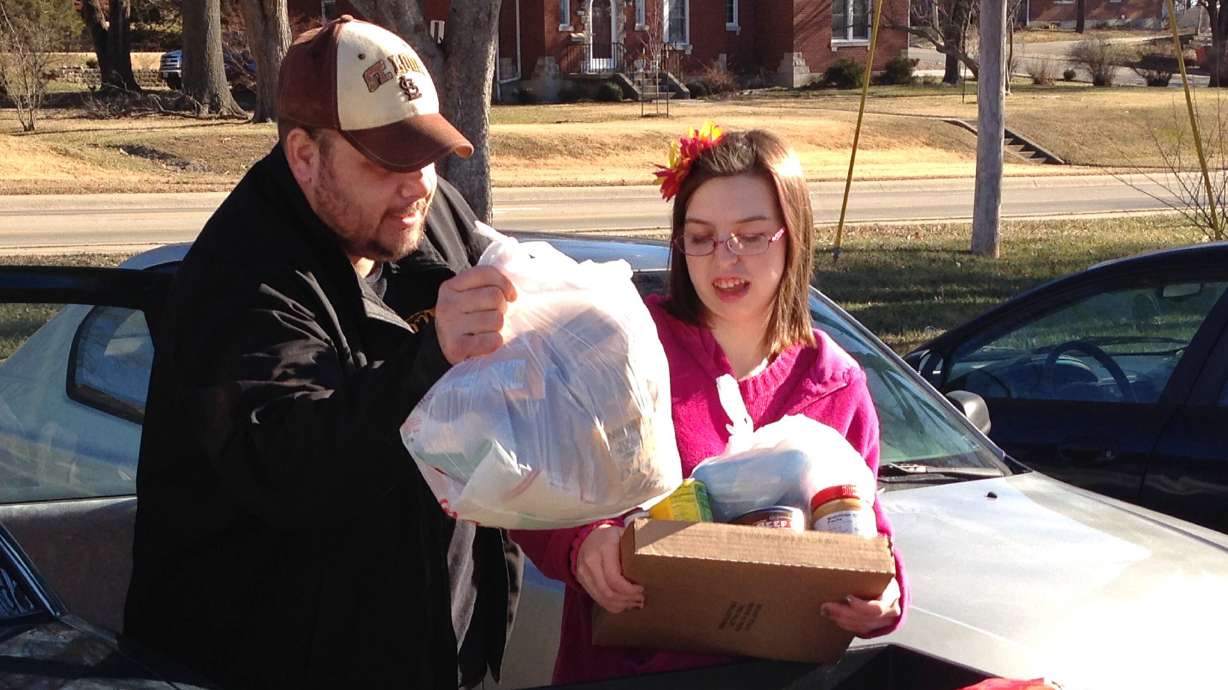Estimated read time: 3-4 minutes
- Sen. Mike Lee proposes Supplemental Nutrition Assistance Program changes.
- The bill includes stricter work requirements and higher penalties for misuse.
- Assistance program participation has risen 140%.
SALT LAKE CITY — Following a law passed in Utah's 2025 legislative session to prohibit SNAP dollars from being spent on candy and soda, attention to how and which Americans are using food stamps continues to grow.
On Monday, Sen. Mike Lee, R-Utah, and Rep. Josh Brecheen, R-Okla., announced their proposed legislation, the SNAP Reform and Upward Mobility Act.
The legislation would increase the requirements necessary to receive Supplemental Nutrition Assistance Program benefits and would require states to pay into the program.
"SNAP was designed to provide temporary relief to vulnerable people facing difficult times, not a permanent subsidy for able-bodied adults," Lee said in the bill's press release.
Lee continued, "Work requirements are widely supported by the American public, save taxpayer dollars, and will strengthen the program for families who really need it. Our legislation tackles fraud and abuse while promoting self-sufficiency, which should be the goal of all such programs."
While poverty levels in the U.S. have only risen 0.2% over the past two decades, the percent of Americans on food stamps has increased over 140%, according to studies cited by the lawmakers. Meanwhile, the cost of providing food stamps has risen 600%, from $17 billion to $119 billion.
How will the reforms work?
First, the legislation allocates $1 million for the Bureau of the Census to determine the extent of American poverty and anti-poverty effectiveness of federal programs like food stamps.
The next steps come as expansions of the current law:
- SNAP's general work requirements would be extended to include everyone ages 16-64.
- It would extend hour-based work requirements from those up to 49 years old to individuals 18-64. It would also include parents of children age 6 and older.
- The percentage of SNAP caseloads states can exempt from work requirements would be reduced from 15% to 5%.
The bill would also close the geographic waiver loophole by tightening state eligibility for federal waivers of Supplemental Nutrition Assistance Program work requirements, and it would allow married couples with children to fulfill the hour-based work requirements jointly.
States required to match federal funds
For a state to opt into receiving Supplemental Nutrition Assistance Program benefits, they "shall, as a condition of participation, be required to contribute matching funds," the bill states.
This change is made as an amendment to Section 4 of the 2008 Food and Nutrition Act.
The match would start at 5% in 2025 and would increase every year by 5% until a 50% match between the state and federal government is reached.
Increased penalties
Electronic Benefit Transfers are cards that allow authorized recipients to transfer the assistance benefits from a federal account to a retailer account, per the USDA.
Lee's bill limits a card to a maximum of five registered users, including the one authorized representative. It also explicitly prohibits any individual, apart from those registered, from using the card.
If the card is used incorrectly, the bill establishes a tiered penalty system:
- Two unauthorized uses: The head of the household is required to review program rights and responsibilities with state agency staff.
- Four unauthorized uses: Benefits for the household will be suspended for one month.
- Six unauthorized uses: Benefits for the household will be suspended for three months.
- Seven or more unauthorized uses: Benefits for the household will be suspended for one month per unauthorized use.









